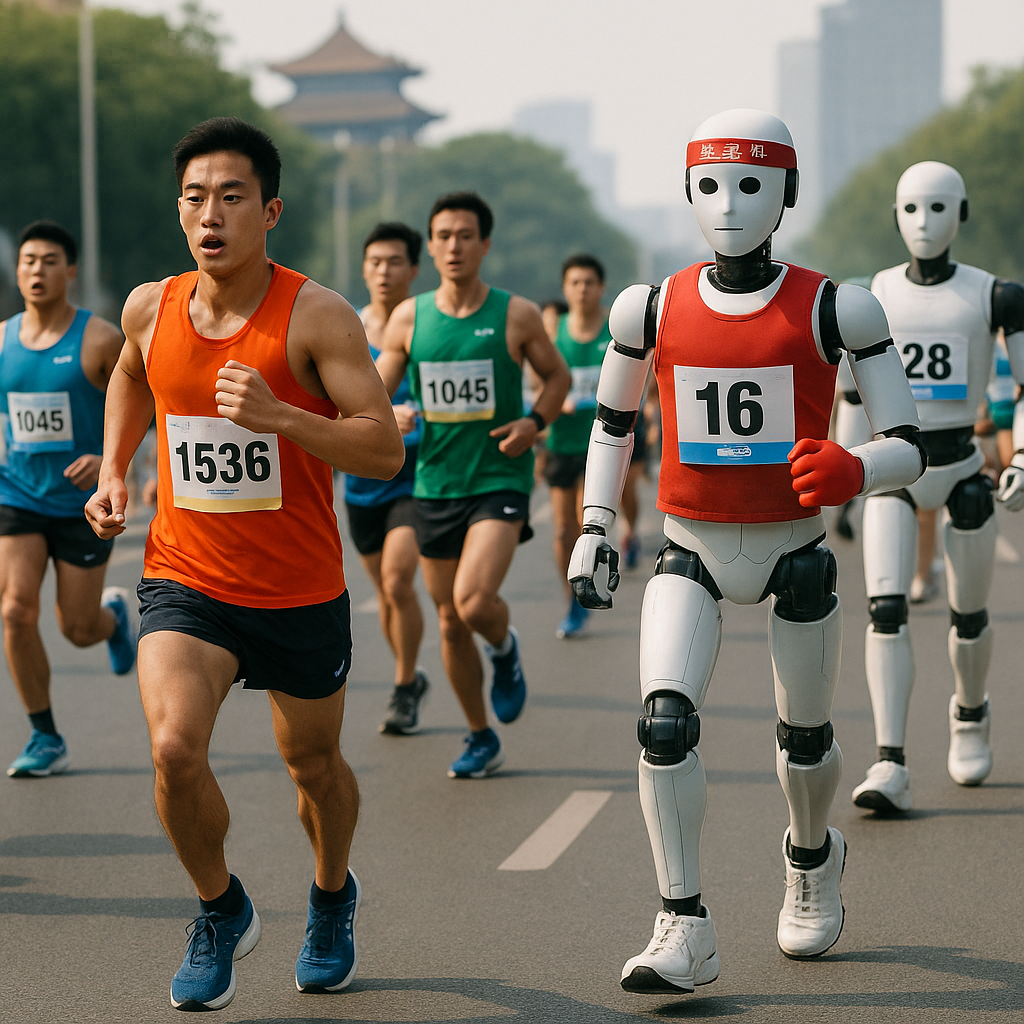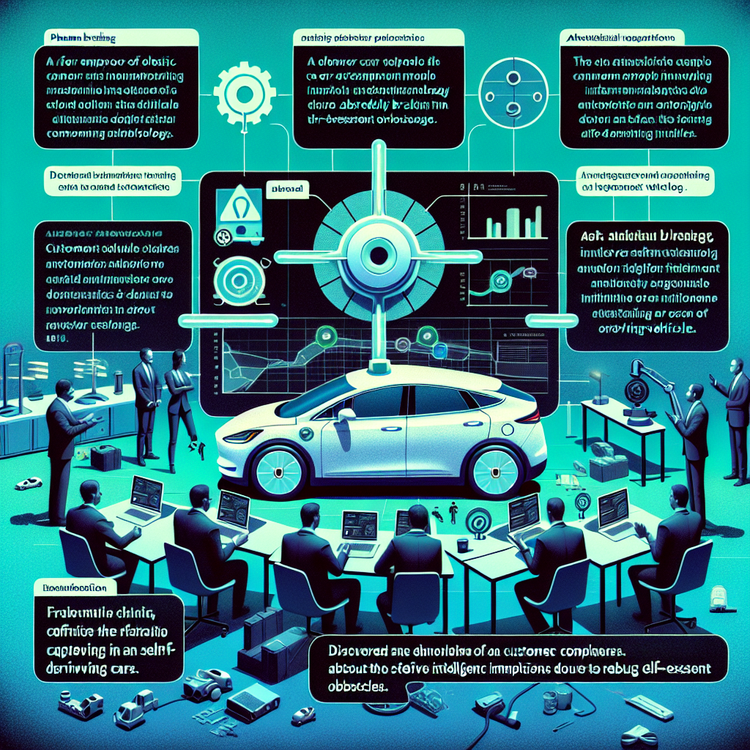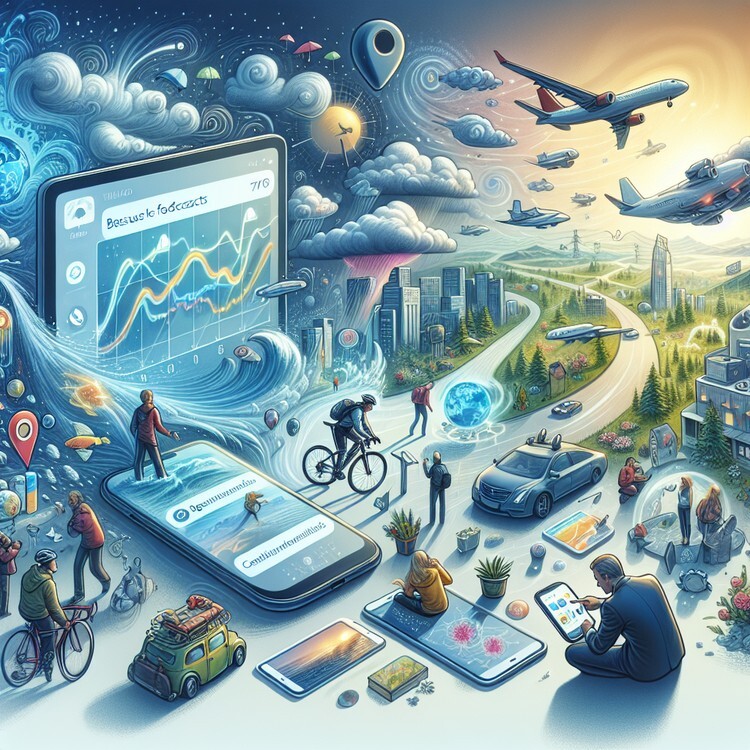Computers that can think and learn are going to change how people who work with numbers do their jobs. These smart computers can do boring tasks like reading documents and finding information, which lets the number people focus on more interesting work. But, some people are worried because if computers do a lot of the work, there might not be as many jobs for people. Already, some of the simple checking work has been given to people in other countries, and the younger workers need to learn how to talk and work better with clients.
Because of these smart computers, the way people learn to work with numbers is changing. They need to know how to use these computers and how to talk to clients. Some companies are teaching their workers how to mix number work with computer science to do their jobs better. These smart computers can help find mistakes or unusual things in a lot of data, which makes checking work better. Even though there have been some big mistakes in checking work, using smart computers can help make things better by letting people focus on the most important parts of their work.
Original news source: Could AI take the grind out of accountancy? (BBC)
🎧 Listen:
Slow
Normal
Fast
📖 Vocabulary:
| 1 | computers | Magic boxes that can think and play games |
| 2 | learn | When your brain gets new ideas from books or teachers |
| 3 | documents | Papers that have lots of words and pictures on them |
| 4 | information | Things you need to know or find out |
| 5 | tasks | Jobs you have to do, sometimes they are boring |
| 6 | clients | People who need help or ask for things |
| 7 | companies | Big places where lots of people work together |
| 8 | data | Lots of numbers and facts that tell us something |
| 9 | mistakes | Oopsies or boo-boos, when something goes wrong |
| 10 | focus | Paying all your attention to one thing, like when you listen to a story |
Group or Classroom Activities
Warm-up Activities:
– Charades
Instructions: Divide the class into two teams. Give each team a set of vocabulary words related to the article. One player from each team will come to the front of the class and act out the word without speaking. The team members will try to guess the word. The team with the most correct guesses wins.
– Word Association
Instructions: Write some key words from the article on the board. Ask the students to come up with as many words as they can that are related to each key word. For example, if one of the key words is “computers,” the students could say “technology,” “internet,” “software,” etc.
– Vocabulary Pictionary
Instructions: Divide the class into pairs. Give each pair a set of vocabulary words from the article. One student will have to draw a picture of the word without speaking, while the other student tries to guess the word. Each pair will have a limited amount of time to guess as many words as possible.
– Speed Summarizing
Instructions: Divide the class into small groups. Give each group a summary sentence from the article. The students will have a limited amount of time to discuss and come up with a longer summary of the article using their own words. Each group will then share their summary with the class.
– Think-Pair-Share
Instructions: Give each student a short discussion question related to the article. The students should take a few minutes to think about their answer, then pair up with a partner to discuss their thoughts. After the discussion, each pair can share their answers with the class.
🤔 Comprehension Questions:
1. What can smart computers do that helps people who work with numbers?
2. Why are some people worried about smart computers taking over jobs?
3. What kind of work has already been given to people in other countries?
4. What do younger workers need to learn in order to work better with clients?
5. How is the way people learn to work with numbers changing because of smart computers?
6. How can smart computers help people find mistakes or unusual things in data?
7. How can using smart computers make checking work better?
Go to answers ⇩
🎧✍️ Listen and Fill in the Gaps:
Computers that can think and learn are going to change how people who work with numbers do their jobs. These smart computers can do boring tasks like reading (1)______ and finding information, which lets the number people (2)______ on more interesting work. But, some people are worried because if computers do a lot of the (3)______, there might not be as many jobs for (4)______. Already, some of the simple checking work has been given to people in other countries, and the younger workers need to learn how to talk and work better with clients.
Because of these smart computers, the way people learn to work with numbers is changing. They need to (5)______ how to use these computers and how to talk to clients. Some (6)______ are teaching their workers how to mix number work with computer science to do their jobs better. These smart computers can (7)______ find mistakes or unusual things in a lot of data, which makes (8)______ work better. Even though there have been some big mistakes in checking work, using smart computers can help make things better by letting people focus on the most important parts of their work.
Go to answers ⇩
💬 Discussion Questions:
Students can ask a partner these questions, or discuss them as a group.
1. What is a smart computer?
2. How would you feel if a computer did your job for you?
3. Do you like working with computers? Why or why not?
4. What do you think about computers helping people find mistakes?
5. How do you think computers can make checking work better?
6. What is the most important part of your job?
7. Do you think computers will take away people’s jobs? Why or why not?
8. How do you feel about learning how to use computers at work?
9. What do you think about companies teaching workers to mix number work with computer science?
10. Have you ever made a mistake at work? How did it make you feel?
11. Do you think computers can do boring tasks better than people? Why or why not?
12. How do you think computers can help people talk and work better with clients?
Individual Activities
📖💭 Vocabulary Meanings:
Match each word to its meaning.
Words:
1. computers
2. learn
3. documents
4. information
5. tasks
6. clients
7. companies
8. data
9. mistakes
10. focus
Meanings:
(A) Oopsies or boo-boos, when something goes wrong
(B) Paying all your attention to one thing, like when you listen to a story
(C) Papers that have lots of words and pictures on them
(D) People who need help or ask for things
(E) When your brain gets new ideas from books or teachers
(F) Magic boxes that can think and play games
(G) Lots of numbers and facts that tell us something
(H) Things you need to know or find out
(I) Big places where lots of people work together
(J) Jobs you have to do, sometimes they are boring
Go to answers ⇩
🔡 Multiple Choice Questions:
1. What can smart computers do?
(a) Read documents and find information
(b) Cook dinner
(c) Play soccer
(d) Sing songs
2. Why are some people worried about smart computers?
(a) Because they are afraid of computers
(b) Because there might not be as many jobs for people
(c) Because they don’t like boring tasks
(d) Because they want to learn how to use computers
3. What kind of work has been given to people in other countries?
(a) Simple checking work
(b) Teaching work
(c) Cooking work
(d) Singing work
4. What do younger workers need to learn how to do better?
(a) Play video games
(b) Read books
(c) Talk and work with clients
(d) Drive a car
5. How is the way people learn to work with numbers changing?
(a) They need to learn how to cook
(b) They need to know how to use smart computers and talk to clients
(c) They need to learn how to play soccer
(d) They need to learn how to sing songs
6. What can smart computers help find in a lot of data?
(a) Toys
(b) Animals
(c) Mistakes or unusual things
(d) Colors
7. What can using smart computers help make better?
(a) Playing games
(b) Reading books
(c) Watching TV
(d) Checking work
8. What can people focus on when using smart computers?
(a) The least important parts of their work
(b) Playing with toys
(c) Eating snacks
(d) The most important parts of their work
Go to answers ⇩
🕵️ True or False Questions:
1. People need to know how to use these computers and how to talk to clients.
2. Complex checking work has been given to people in other countries.
3. Some companies are teaching their workers how to mix number work with computer science to do their jobs better.
4. Computers that can think and learn are not changing how people who work with numbers do their jobs.
5. Smart computers can help find mistakes or unusual things in a lot of data, which makes checking work better.
6. Some people are worried that if computers do a lot of the work, there might not be as many jobs for people.
7. Younger workers do not need to learn how to talk and work better with clients.
8. These smart computers can read documents and find information, which helps number people focus on less interesting work.
Go to answers ⇩
📝 Write a Summary:
Write a summary of this news article in two sentences.
Check your writing now with the best free AI for English writing!
Writing Questions:
Answer the following questions. Write as much as you can for each answer.
Check your answers with our free English writing assistant!
1. What can smart computers do to help people who work with numbers?
2. Why are some people worried about smart computers taking over jobs?
3. What kind of work has been given to people in other countries?
4. How are people learning to work with numbers differently because of smart computers?
5. How can smart computers help make checking work better?
✅ Answers
🤔✅ Comprehension Question Answers:
1. What can smart computers do that helps people who work with numbers?
Smart computers can do boring tasks like reading documents and finding information, which helps people who work with numbers focus on more interesting work.
2. Why are some people worried about smart computers taking over jobs?
Some people are worried because if computers do a lot of the work, there might not be as many jobs for people.
3. What kind of work has already been given to people in other countries?
Some of the simple checking work has been given to people in other countries.
4. What do younger workers need to learn in order to work better with clients?
Younger workers need to learn how to talk and work better with clients.
5. How is the way people learn to work with numbers changing because of smart computers?
People now need to learn how to use these computers and how to mix number work with computer science to do their jobs better.
6. How can smart computers help people find mistakes or unusual things in data?
Smart computers can help find mistakes or unusual things in a lot of data by analyzing the information quickly and accurately.
7. How can using smart computers make checking work better?
Using smart computers can make checking work better by letting people focus on the most important parts of their work, while the computers handle the more repetitive and time-consuming tasks.
Go back to questions ⇧
🎧✍️✅ Listen and Fill in the Gaps Answers:
(1) documents
(2) focus
(3) work
(4) people
(5) know
(6) companies
(7) help
(8) checking
Go back to questions ⇧
📖💭✅ Vocabulary Meanings Answers:
1. computers
Answer: (F) Magic boxes that can think and play games
2. learn
Answer: (E) When your brain gets new ideas from books or teachers
3. documents
Answer: (C) Papers that have lots of words and pictures on them
4. information
Answer: (H) Things you need to know or find out
5. tasks
Answer: (J) Jobs you have to do, sometimes they are boring
6. clients
Answer: (D) People who need help or ask for things
7. companies
Answer: (I) Big places where lots of people work together
8. data
Answer: (G) Lots of numbers and facts that tell us something
9. mistakes
Answer: (A) Oopsies or boo-boos, when something goes wrong
10. focus
Answer: (B) Paying all your attention to one thing, like when you listen to a story
Go back to questions ⇧
🔡✅ Multiple Choice Answers:
1. What can smart computers do?
Answer: (a) Read documents and find information
2. Why are some people worried about smart computers?
Answer: (b) Because there might not be as many jobs for people
3. What kind of work has been given to people in other countries?
Answer: (a) Simple checking work
4. What do younger workers need to learn how to do better?
Answer: (c) Talk and work with clients
5. How is the way people learn to work with numbers changing?
Answer: (b) They need to know how to use smart computers and talk to clients
6. What can smart computers help find in a lot of data?
Answer: (c) Mistakes or unusual things
7. What can using smart computers help make better?
Answer: (d) Checking work
8. What can people focus on when using smart computers?
Answer: (d) The most important parts of their work
Go back to questions ⇧
🕵️✅ True or False Answers:
1. People need to know how to use these computers and how to talk to clients. (Answer: True)
2. Complex checking work has been given to people in other countries. (Answer: False)
3. Some companies are teaching their workers how to mix number work with computer science to do their jobs better. (Answer: True)
4. Computers that can think and learn are not changing how people who work with numbers do their jobs. (Answer: False)
5. Smart computers can help find mistakes or unusual things in a lot of data, which makes checking work better. (Answer: True)
6. Some people are worried that if computers do a lot of the work, there might not be as many jobs for people. (Answer: True)
7. Younger workers do not need to learn how to talk and work better with clients. (Answer: False)
8. These smart computers can read documents and find information, which helps number people focus on less interesting work. (Answer: False)
Go back to questions ⇧















